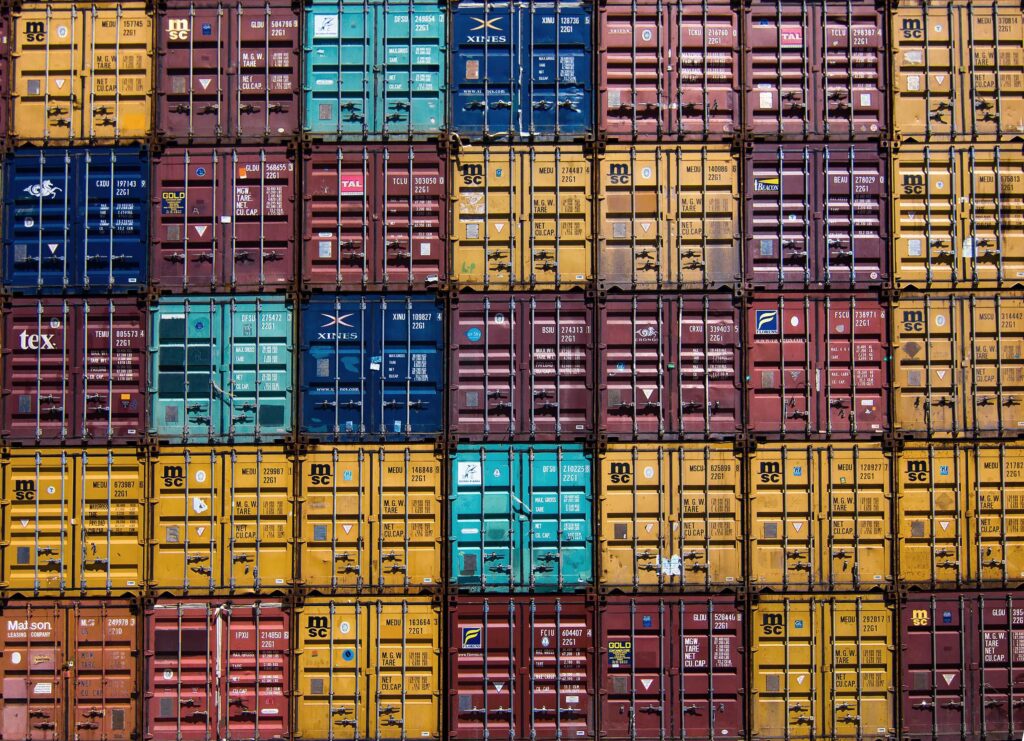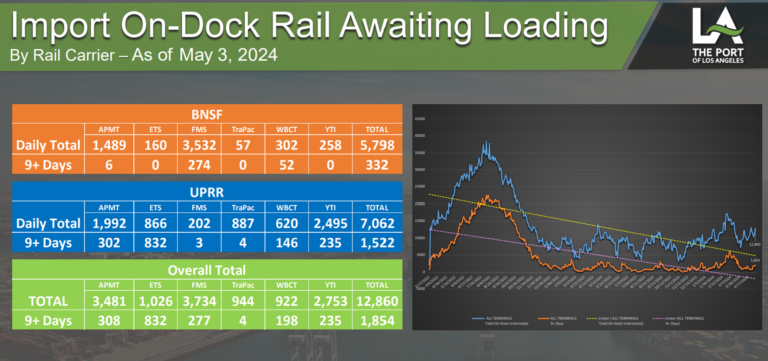The WTO cautions about potential threats to the anticipated recovery in global trade for 2024

In its latest Global Trade Outlook and Statistics report, WTO forecast an increase in manufactured goods demand as inflationary pressures ease in advanced economies. World trade merchandise is expected to rise by 2.6% in 2024 and 3.3% in 2025, after falling by 1.2% in 2023.
The fastest 2024 growth in exports is expected in Africa at 5.3% as the region continues its recovery from pandemic-suppressed lows. The CIS region follows closely at just below 5.3% as exports rise from a lowered base due to the war in Ukraine.
North America, the Middle East, and Asia are all expected to have above average growth at 3.6%,3.5%, and 3.4%, respectively. South America is seen slower at 2.6% while Europe lags well behind at 1.7%.
On the import side, Asia leads with 5.6% growth, followed by Africa at 4.4%. The rest of the world falls below the average, with CIS worst of the pack at negative 3.8% growth. Europe barely scrapes positive at 0.1% growth.
The report emphasised the myriad risks which may affect trade in 2024, led by geopolitical events and their potential effect on food and energy prices.
Geopolitical tensions have affected international trade patterns marginally but have not yet triggered a de-globalisaiton trend, said WTO, although some signs of fragmentation were apparent.
WTO Chief Economist Ralph Ossa said:“Some governments have become more sceptical about the benefits of trade and have taken steps aimed at re-shoring production and shifting trade towards friendly nations.
“The resilience of trade is also being tested by disruptions on two of the world’s main shipping routes: the Panama Canal, which is affected by freshwater shortages, and the diversion of traffic away from the Red Sea. Under these conditions of sustained disruptions, geopolitical tensions, and policy uncertainty, risks to the trade outlook are tilted to the downside.”
Assessing the impact of Red Sea disruptions, WTO said the impact of reductions in transits of the Suez Canal has been limited by relatively stable energy markets, availability of containership tonnage, and freight rates remaining contained when compared to the period following the pandemic’s outbreak. Sectors including automotive, fertsilisers, and retail have been most affected by delays and rate hikes, the report said.
WTO did stress the unclear longer term consequences of the Red Sea attacks. Prolonged avoidance of the region could lead to changing strategies and priorities and new route models from shipping companies.
WTO Director-General Ngozi Okonjo-Iweala said:“We are making progress towards global trade recovery, thanks to resilient supply chains and a solid multilateral trading framework — which are vital for improving livelihoods and welfare. It’s imperative that we mitigate risks like geopolitical strife and trade fragmentation to maintain economic growth and stability.”





